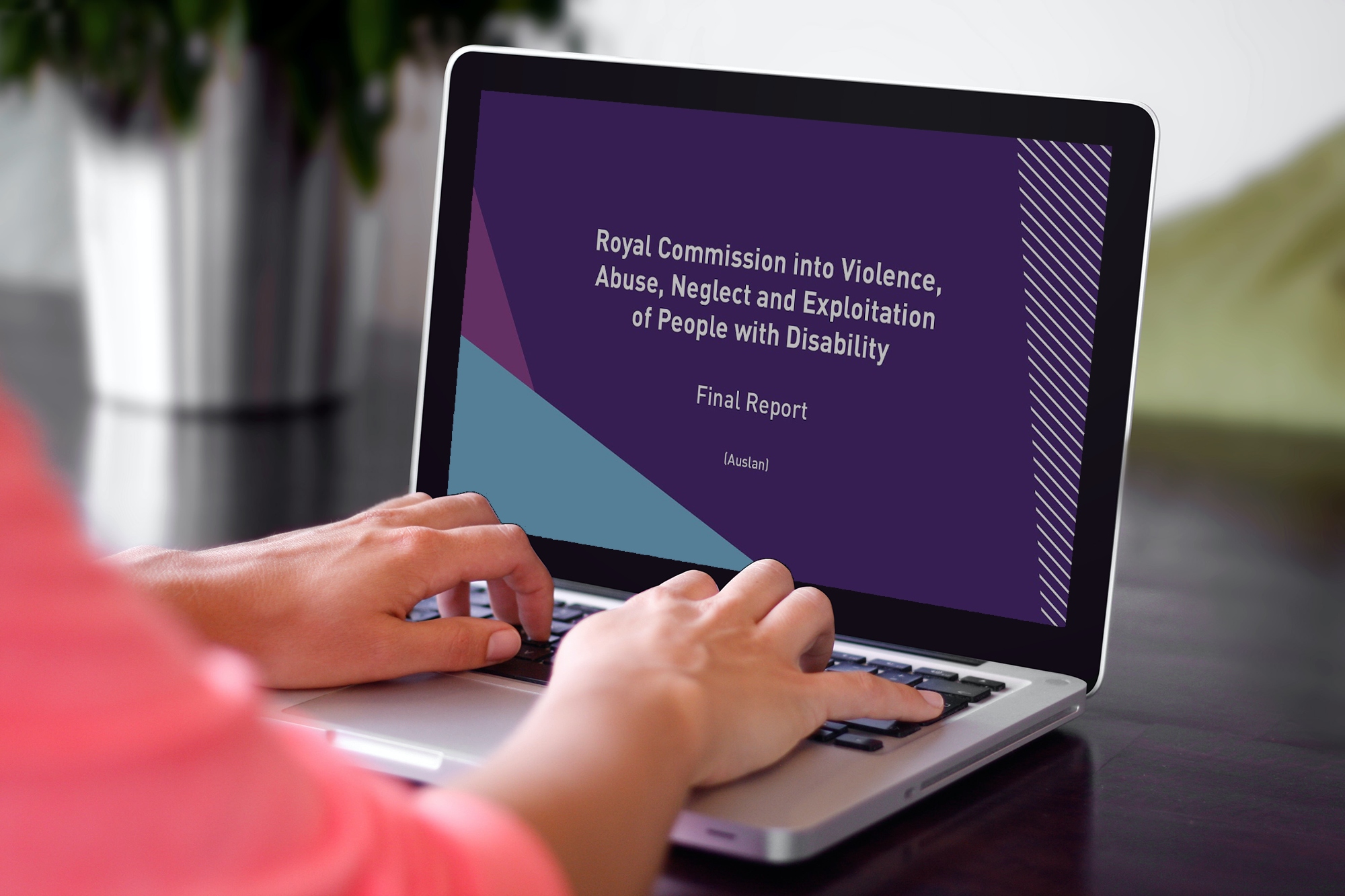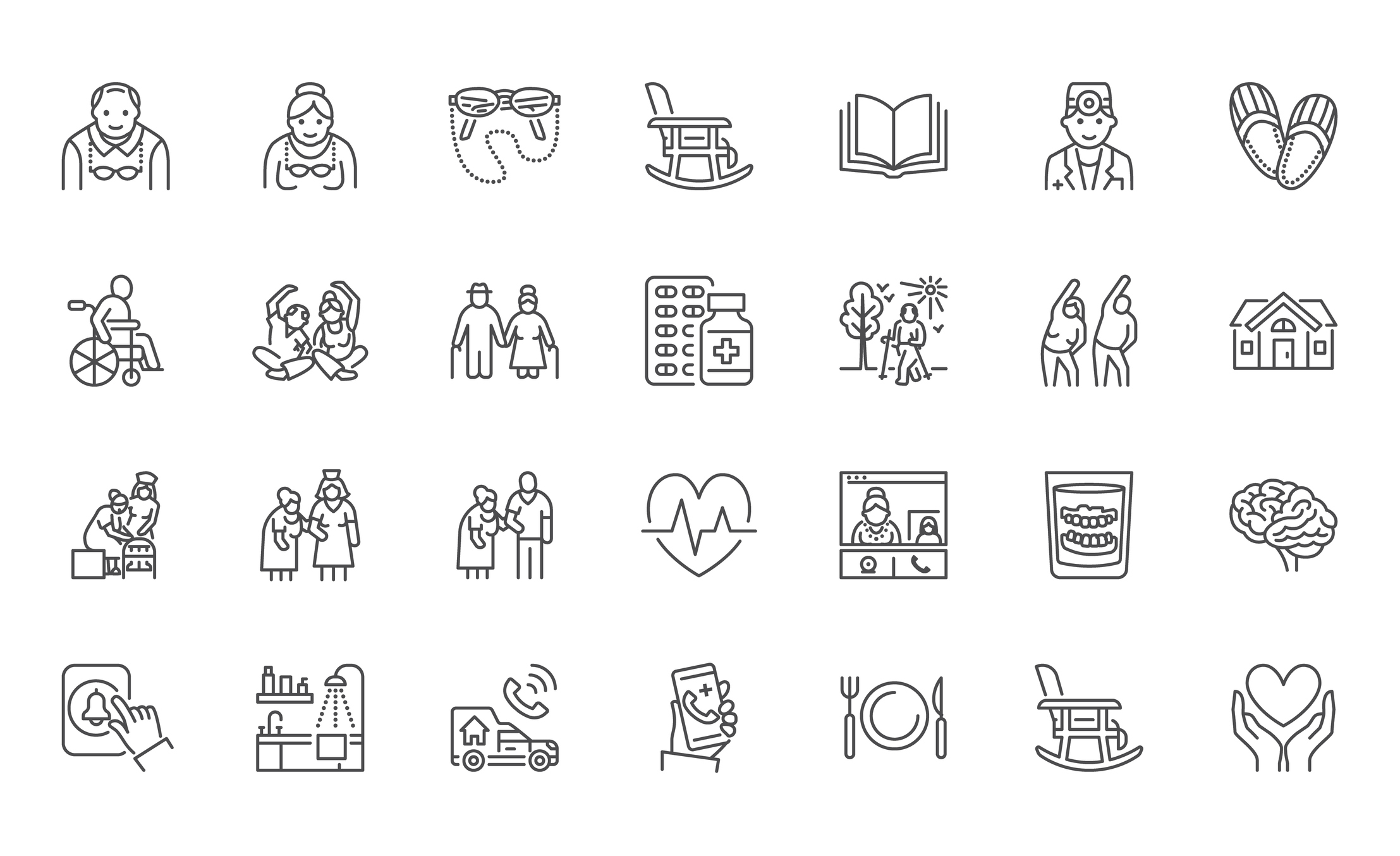High Intensity Daily Personal Activities are the highest risk, and most personal in nature, of all supports delivered under the NDIS. To uphold the wellbeing of participants, providers who support participants with high intensity daily personal activities must ensure that workers who are not qualified health professionals have the necessary skills and knowledge to safely provide these supports.
In December 2022, the NDIS Quality and Safeguards Commission (the Commission) released revised skills descriptors for High Intensity Daily Personal Activities, outlining the skills and knowledge workers must have to deliver High Intensity Daily Personal Activities supports.
There are currently eight high intensity supports:
- Complex Bowel Care;
- Enteral Feeding Support;
- Dysphagia Support;
- Ventilator Support;
- Tracheostomy Support;
- Urinary Catheter Support;
- Subcutaneous Injections; and
- Complex Wound Care Support.
The revised skills descriptors
Each of the High Intensity Daily Personal Activities is supported by its own unique set of skills descriptors. The Commission’s document also lays out the context, scope and necessary training for each of the above supports.
Following the contextual information, the updated skills descriptors outline the behaviours which demonstrate the skills and knowledge each worker should possess. The skills and knowledge are divided into three segments representing a participant’s care journey: preparing to deliver supports, implementing the support plan, and reviewing the support.
Regulatory context
The revised skills descriptors provide more detailed guidance about the expectations of workers, and align with the requirements in Module 1 of the Practice Standards.
If your organisation provides High Intensity Daily Personal Activities supports, auditors may use the skills descriptors as guidance when performing a quality audit.
Who are the skills descriptors for?
The Commission has developed the skills descriptors for use by participants, auditors, providers, workers and trainers. For participants, they are useful for understanding the standard of care expected by the Commission, and using this information to assess their provider’s performance. For providers, workers and trainers the skills descriptors provide a standard by which skills and knowledge can be benchmarked.
How we can help
Following the release of the revised skills descriptors, we have developed a new self-assessment which providers can use to evaluate whether their workers have the adequate skills and knowledge to deliver High Intensity Daily Personal Activities supports. We’ve also updated our policy template to help providers ensure that their processes are aligned with the expectations of the skills descriptors.
Need compliance help?
Want to know more about the high intensity support skills descriptors? Take out an SPP trial!


